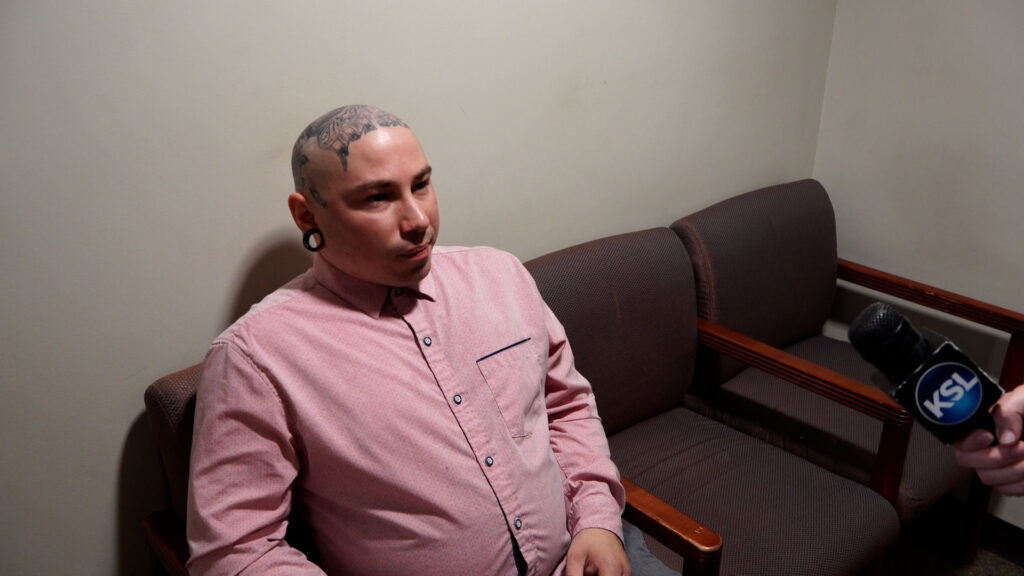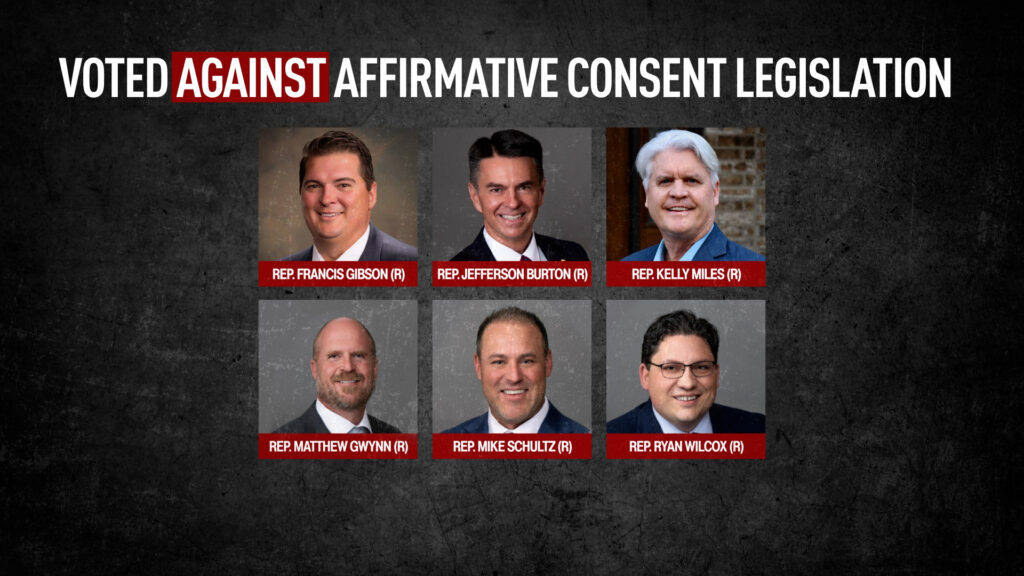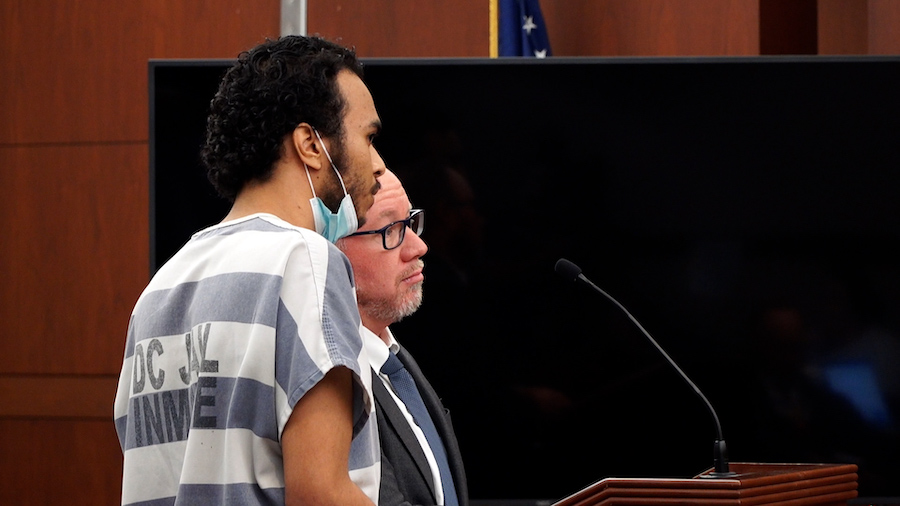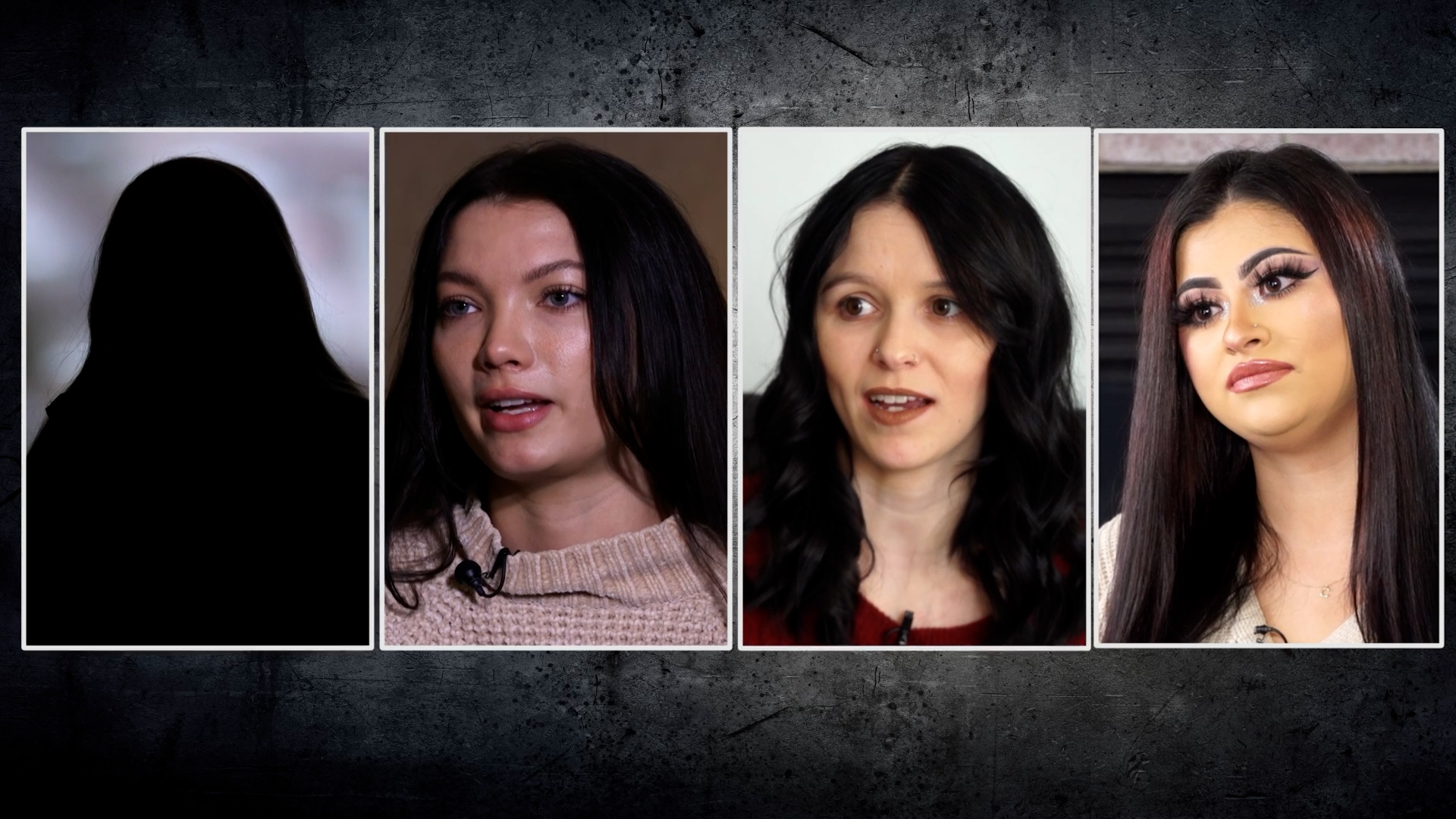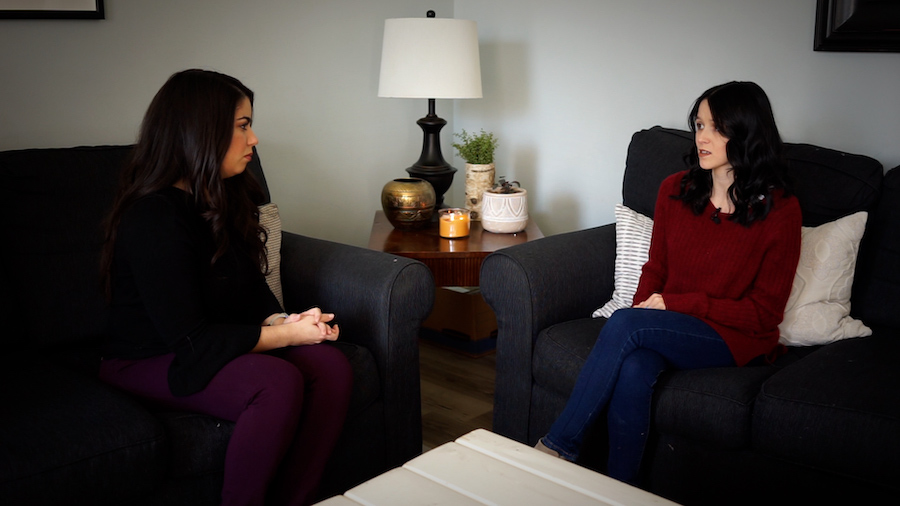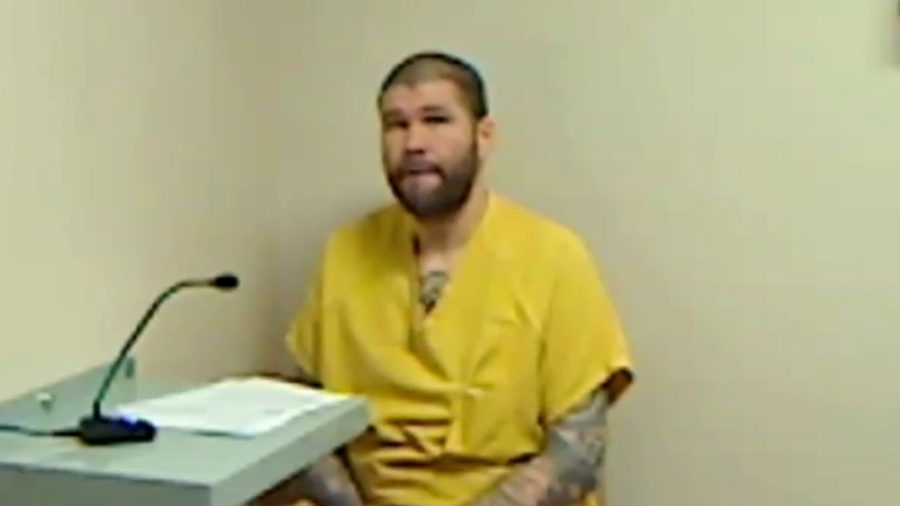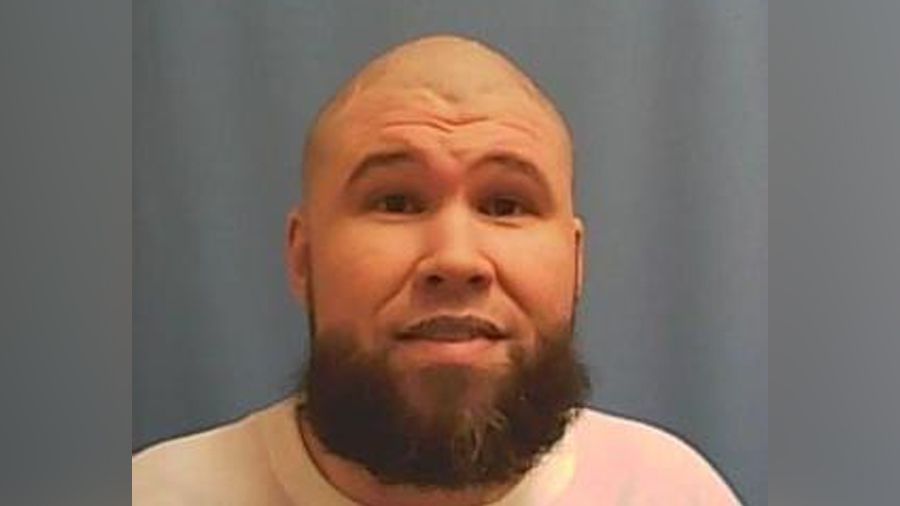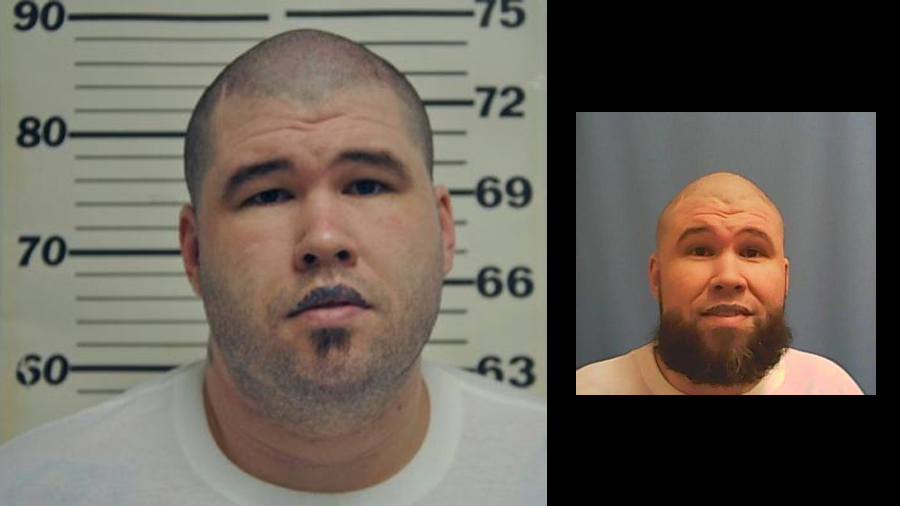FAILURE TO PROTECT
The challenge of consent: Utah’s rape law & low prosecution rate
Apr 27, 2023, 11:43 PM | Updated: May 1, 2023, 1:51 pm
OGDEN, Utah — “Listen up,” Rayley Wadsworth pleaded with social media users in a video filmed inside a stationary car last month. “If you’re in Utah, or a woman in Utah, please listen for just a second.”
The one-minute and 28 seconds long video uploaded to TikTok has reached more than 200,000 users. Wadsworth said it was a last-resort effort to warn others after she learned her report of rape to Ogden police would not lead to charges against the suspect.
“I want his name and face out there so that no one has to fall victim to him,” she explained in the video.
Taking their claims public is what some survivors of sexual assault say it takes to be heard. Because even when they call police right away, even when there’s DNA evidence, it’s often still not enough to prove the crime of rape occurred.
Utah’s low prosecution rates reflect the difficulty of proving rape in court. In the last 10 years, just 12% of the more than 13,000 rapes reported to law enforcement have led to a charge of rape against a suspected perpetrator. And only 3% of those have resulted in first-degree felony rape convictions.
The KSL Investigators have learned one of the biggest obstacles to prosecuting these cases is the issue of consent and how the law considers the actions or potential inaction of a victim. But a proposal to adjust Utah’s law has been repeatedly rejected on Capitol Hill.
‘Insufficient evidence’
Wadsworth says she did everything Utah’s criminal justice system asks of victims of sexual assault.
Last September, she said she “went right to the hospital and had a rape kit done and everything and talked to police.”
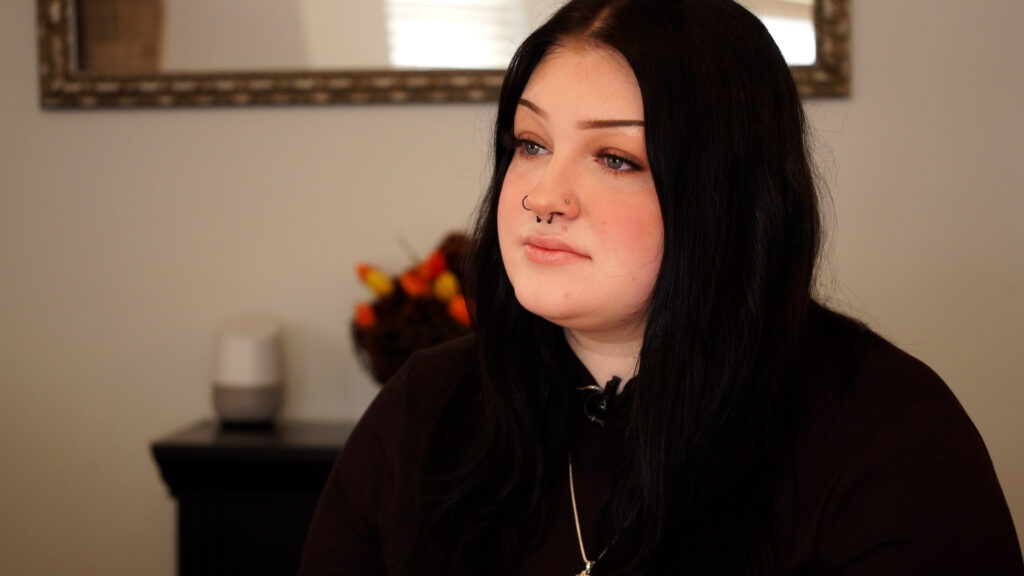
Rayley Wadsworth reported to Ogden police that she was sexually assaulted in September 2022. Despite immediate collection of DNA evidence and photo documentation of her injuries, she recently learned prosecutors have declined to file charges. (Tanner Siegworth/KSL TV)
She reported to police that a tattoo artist named “Steve” invited her over to hang out, pressured her to drink, then bound her wrists and ankles with electrical tape and raped her. According to the police report, she told investigators he then insisted she take a shower.
Months later, she got a call informing her the case would be going nowhere.
“They just said that due to insufficient evidence, they weren’t going to press charges,” Wadsworth recalled.
Court records show the man she thought was named “Steve” is actually James Eugene Fischer, a convicted sex offender, who is known to use the alias “Steve McQueen.”
The KSL Investigators caught up with Fischer at the Ogden courthouse earlier this month where he was being sentenced in a different case for skirting the state’s sex offender registry requirements. He didn’t answer any of our questions, and police records indicate he wouldn’t talk to law enforcement about Wadsworth’s report either.
“I feel like it’s easily just being dismissed because he just said he’s not going to talk,” she said.
Despite immediate collection of DNA evidence and photo documentation of her injuries, the Weber County Attorney’s Office declined to prosecute Wadsworth’s case.
“Initially it is important that you know and understand how serious we are about holding anyone accountable who engages in sexual abuse of any kind,” Weber County Attorney Christopher Allred wrote in a statement to the KSL Investigators.
Allred declined to participate in an on-camera interview but agreed to answer questions via email.
“I assure you we have all experienced many sleepless nights worrying over how we can ensure justice to the fullest extent possible for these survivors,” he wrote. “Criminal charges could not be filed in the present case because there is insufficient evidence for us to prove the lack of consent.”
“The gist of what they told me was because it happened behind closed doors, they can’t prove whether it was consensual or not,” said Wadsworth.
She said the detective who investigated her case was nice. Officials told her they believed her. But in the end, she still feels let down by the system and worried about what might happen to others.
Fischer is not in custody. The sentence he received in the other case requires him to periodically check in with the Weber County Jail as part of a day-reporting program.
“Honestly, I’m really mad,” she said. “I feel like I am putting my own life on the line, my own life in danger, to try to get the word out there because nobody else is going to hold them accountable.”
‘The most difficult cases’
It’s a similar story with Vanessa Clark, who called police in Utah County and had a forensic exam after she reported assault by a different man, Joshua Homer. Prosecutors declined her case too.
“They’re among the most difficult cases,” said Utah County Attorney Jeff Gray.

Utah County Attorney Jeff Gray said sexual assault cases are among the most difficult to prosecute. (Josh Szymanik/KSL TV)
Even with physical evidence, Gray said rape cases are hard to prove.
“The more severe the injury, the better it is, or easier it is for us to prove,” he said. “The less severe injury, it becomes, it’s still evidence, but it’s not like ironclad evidence.” As written, Utah’s first-degree felony rape statute (Utah Code Ann. §76-5-402) appears to apply to cases like Wadsworth and Clark’s. But prosecutors say case law and interpretation by the courts means whether they can charge a person often hinges on the issue of consent. “We have to prove that he should have been aware of her non-consent,” Gray explained.
Fight, flight and freeze
What often gets missed in that analysis is a common trauma response to sexual assault: Tonic immobility or freezing.
“I just let it happen because I was so scared to fight back,” Wadsworth said.
Tonic immobility is a physical and neurological response that prevents victims from resisting. The part of the brain activated in situations of extreme stress, such as a sexual assault, takes over executive functioning with the sole objective of survival.
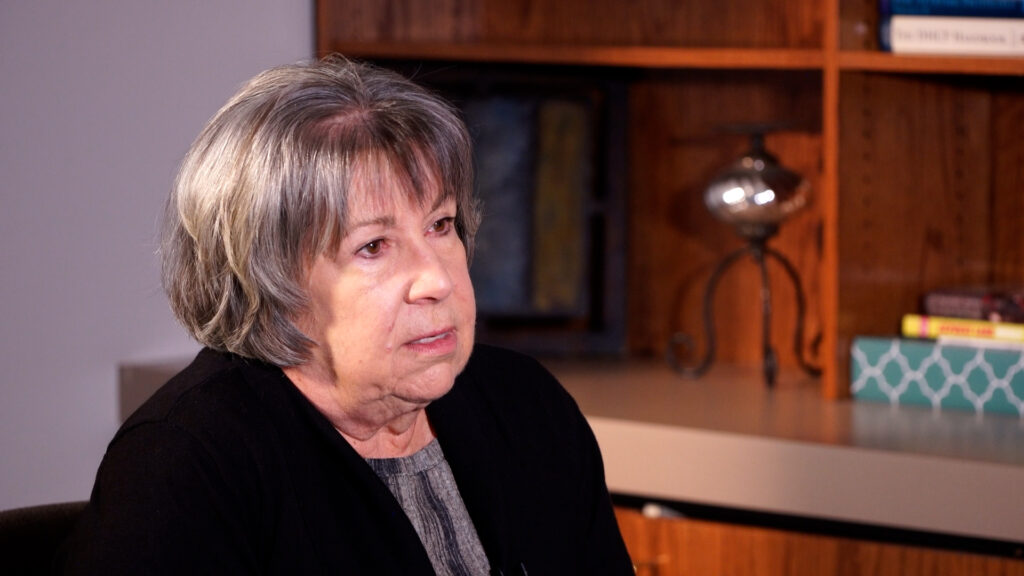
Longtime SVU prosecutor Donna Kelly said it’s time to change how we approach sexual assault prosecutions. (Josh Szymanik/KSL TV)
“Prosecutors and officers and advocates need to understand that that’s very common,” said retired SVU prosecutor Donna Kelly.
Kelly spent decades prosecuting sex crimes. She says it’s time for a change in how Utah approaches sexual assault prosecutions.
“How about if we assume, as a society, that we don’t want people penetrating our bodies when we haven’t expressed that that’s what we want?” she said.
Affirmative consent
Kelly supports a bill Utah Rep. Angela Romero, D-Salt Lake City, worked on with leading sexual violence researcher Dr. Julie Valentine. “We have taken this to the legislators for three years and have failed every time,” said Valentine.
The legislation would introduce the idea of affirmative consent, creating a new third-degree felony charge for cases in which a perpetrator fails to get consent from a victim through words or actions.
“They don’t understand in many situations a person freezes so they don’t say no. They don’t say yes. And that means that they didn’t give consent,” Romero said.
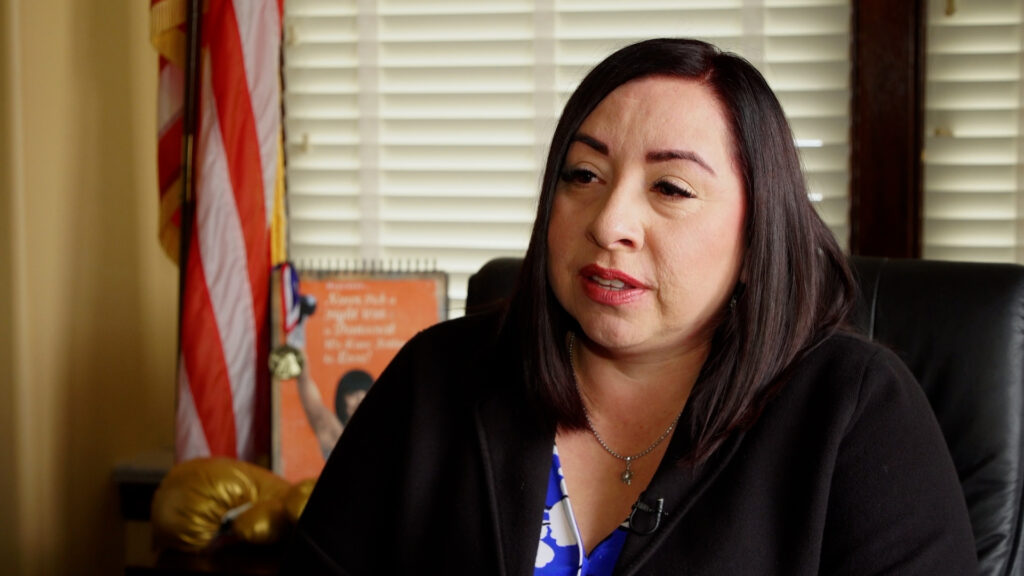
Rep. Angela Romero, D-Salt Lake City, has repeatedly filed legislation to introduce an affirmative consent law in Utah. (Josh Szymanik/KSL TV)
Kelly explained that adding an affirmative consent law would fill an existing gap when it comes to Utah’s sexual assault statutes.
“We have rape, which are first-degree felonies, and we have misdemeanor crimes which are touching someone in an offensive way. Right? So, we need a middle ground. And we propose that there should be another statute that says, ‘Having sexual intercourse with someone, or engaging in sexual acts with someone when you did not know whether they were consenting or not,’” Kelly explained. “In other words, having ‘sexual intercourse or sexual acts with someone without a positive expression of consent,’ I believe that that would be a great improvement to our system.”
Romero has filed three measures introducing affirmative consent. That component of a 2020 bill was dropped during a committee hearing before the bill advanced. A 2021 affirmative consent bill got one hearing but was voted down. And a 2022 affirmative consent bill was largely ignored, never making it into a single committee hearing.
Opposition on Utah’s Capitol Hill
Opposition to the bill during the 2021 House Law Enforcement and Criminal Justice Committee hearing included concerns of false reports being prosecuted, despite decades of credible research showing false claims of sexual assault are extremely rare – between two and eight percent. Experts say that is the same false reporting rate as any other type of crime.
Additionally, opponents questioned the necessity of an affirmative consent law, arguing Utah’s current statute adequately covers the types of cases that research and data show are being missed.
And others raised concerns that the law would lead to the prosecution of people who mistakenly believed an act was consensual, penalizing instances of miscommunication rather than true crimes.
“I have a large study of about 8,000 cases, rape cases in Utah,” Valentine explained to lawmakers. “And we have found that in 49% — these are all cases where the victim came in to report, usually within 24 hours of the assault, and had a fully collected rape kit — that almost half of them reported at some point, they had loss of consciousness or awareness, which means they were not actively kissing, hugging, responding, all of those things. Fourteen percent of the victims were asleep, and they woke up to being raped. So, we do have cases where victims are not overtly acting, engaging in the sexual act, so to speak. And that’s the gap that we are addressing. Those are the cases that we do not see prosecution on.”
During the hearing, Rep. Mike Schultz, R-Hooper, said introducing the proposed new third-degree felony charge made him nervous.
“I think it opens it up, the door up, well beyond what we’re trying to do, the problem or the concern that we’re trying to solve,” he said.
Rep. Francis Gibson, R-Mapleton, said he remained concerned about the possibility of prosecuting innocent people.
“I think this bill would help provide some clarity on some cases, but I’m worried about the other side,” he said.
“According to the Rape, Abuse, and Incest National Network, for every 1,000 sexual assaults, fewer than five perpetrators will be sentenced to jail or prison,” Romero told her colleagues during the hearing. “So, we’re not going after that naive boy, we’re going after that individual – and it can be, it can be either gender – who knows what they’re doing, and they know how to manipulate the law. So, I just would love to have this discussion on the full on the House floor.”
The public conversation did not continue among members of Utah’s legislature. Six Republican legislators: Reps. Ryan Wilcox, Mike Schultz, Matthew Gwynn, Kelly Miles, Jefferson Burton and Francis Gibson voted no on the bill, killing HB78 in committee.
The KSL Investigators sought comment from Reps. Wilcox, Schultz, Gwynn, and Burton, who currently remain in office. They did not respond to multiple requests.
“I think people are uncomfortable talking about affirmative consent,” Romero told the KSL Investigators during an interview this month. “I have hope in the future, that my colleagues will understand how important it is to run affirmative consent, and why it’s so important to protect women, to protect marginalized communities, to protect people who are the victims of sexual assault.”
Affirmative consent in other states
“Some of the debate around affirmative consent laws, I think, reflects just a reluctance to see these cases prosecuted full stop,” said law professor and author Deborah Tuerkheimer, who has studied affirmative consent laws in three states where it’s already on the books.
“Some of the objections that I have heard repeatedly involve worries that affirmative consent laws put too much of the burden on often the man, right — this is a very gendered kind of conversation — so put too much burden on the man to interpret confusing signals,” she explained. But Tuerkheimer said her research looking at cases in Wisconsin, Vermont and New Jersey revealed that is not the case.

Deborah Tuerkheimer is a former prosecutor, law professor and author of “Credible: Why We Doubt Accusers and Protect Abusers” (Ken Fall/KSL TV)
“What I found is that, in those states that have had affirmative consent laws on the books for many years, the kinds of prosecutions that we’re seeing really don’t tend to raise those concerns,” she said. “Rather, the cases that are brought in these jurisdictions, if anything, involve sleeping victims, intoxicated victims, extremely intoxicated victims, and victims who are either in fear or very surprised – but not the kind of confusing communication and mixed signals that opponents of affirmative consent tend to worry about.”
In her research, Tuerkheimer said she did not find any negative consequences of affirmative consent laws in practice.
“I think it’s really difficult to make the case that we shouldn’t move toward a world in which affirmative consent is the norm,” she said.
However, Tuerkheimer said law reform alone is not enough. In her book, “Credible: Why We Doubt Accusers and Protect Abusers,” she explores why people tend to be so skeptical of women who come forward and report sexual assault.
“Credibility will always lie at the center of these cases. It matters for law enforcement deciding whether to go forward, for prosecutors, for jurors, for judges,” she said. “No matter what the laws are on the books, if survivors aren’t believed, none of these cases are going to go forward.”
Rape in Utah
The Utah Commission on Criminal and Juvenile Justice has estimated only 11.8% of women report sexual assault to law enforcement. And still, in Utah, rape is recorded at higher rates than the national average.
Valentine studied prosecution rates in both Salt Lake and Utah counties and found, between 2010 and 2018, only 11% of sexual assault cases were prosecuted in total. The study only included adult cases in which a forensic sexual assault kit was collected.
The KSL Investigators analyzed over a decade’s worth of state crime data and Utah court records to determine how frequently prosecutors in Utah file charges under the first-degree felony rape statute, and how often those charges are dismissed or lead to a conviction.
We compared the number of cases with at least one rape charge filed over a period of 10 years, with the number of rape incidents reported to Utah law enforcement and tracked by the FBI as part of the National Incident-Based Reporting System (NIBRS) over the same time period.
Between 2012 and 2022, 13,212 Utahns reported they were the victim of a rape. In those 10 years, just 1,546 suspected perpetrators were charged with rape or rape of a child. That’s just 11.7%. The number of rapists convicted of the crime in those 10 years is even lower at just 393.
It’s important to note that charging and convicting someone of rape when the victim is a child removes the issue of proving consent entirely, as children under 16 are unable to consent according to Utah law and other crimes are on the books for unlawful sexual activity with children 16-17 years of age depending on the age of the perpetrator.
Many rape cases take months or even years to reach a conclusion in court. Of the 1,546 cases filed since 2012, there are more than 500 still working their way through the system. Most of those were filed in 2022 and will likely be adjudicated in the next 12 months, but there are rape cases from 2012 still unresolved.
And our analysis found 610 of the 1,546 cases filed by prosecutors ended in dismissal.
A better chance at justice
Supporters believe adopting an affirmative consent law in Utah could mean fewer sexual assault survivors reach the same devastating dead end that prompted Wadsworth to share her experience on social media.
“It is certainly possible that a well-crafted and constitutionally sound affirmative consent statute could aid prosecution in certain circumstances,” Weber County Attorney Christopher Allred wrote in response to questions about her case. “We would welcome any amendments to Utah law that would help ensure perpetrators are held to account.”
Online, Wadsworth’s posts and videos have been met with empathy, commiseration, and shared outrage at a system that she believes has failed.
“Now that they’re not pressing charges, I’m like, ‘Well, why did I even talk to you then?’” she said. “I’m getting all this support and all this help from so many people, but not from the people that actually can do something about it.”
To survivors who feel they did everything they could in the aftermath of a sexual assault, only to be told charges won’t be filed, a teary-eyed Romero shared this message:
“I’m still fighting for you. I’m sorry. And I’m still fighting for you.”
This report is part of a series examining how apparent gaps at every level of Utah’s criminal justice system fail to protect Utahns. If you have experienced sexual violence, you can access help and resources by calling Utah’s 24-hour Sexual Violence Helpline at 1-888-421-1100. You can also call the National Sexual Assault Hotline at 1-800-656-4673 for free, confidential counseling.
Have you experienced something you think just isn’t right? The KSL Investigators want to help. Submit your tip at investigates@ksl.com or 385-707-6153 so we can get working for you.

